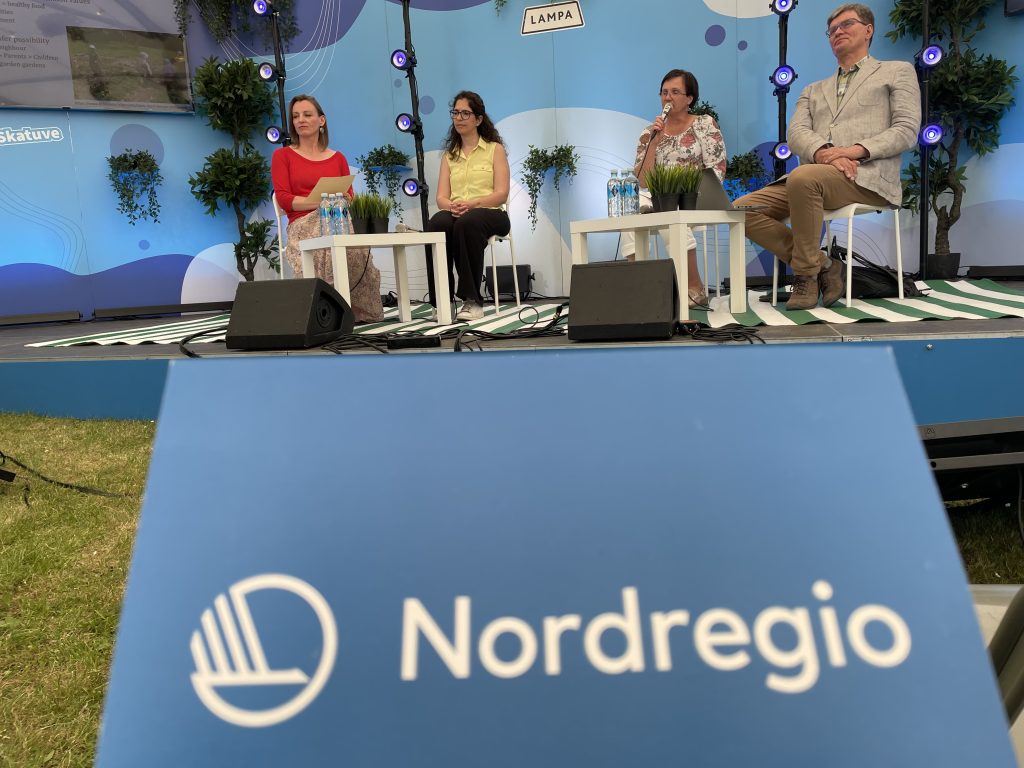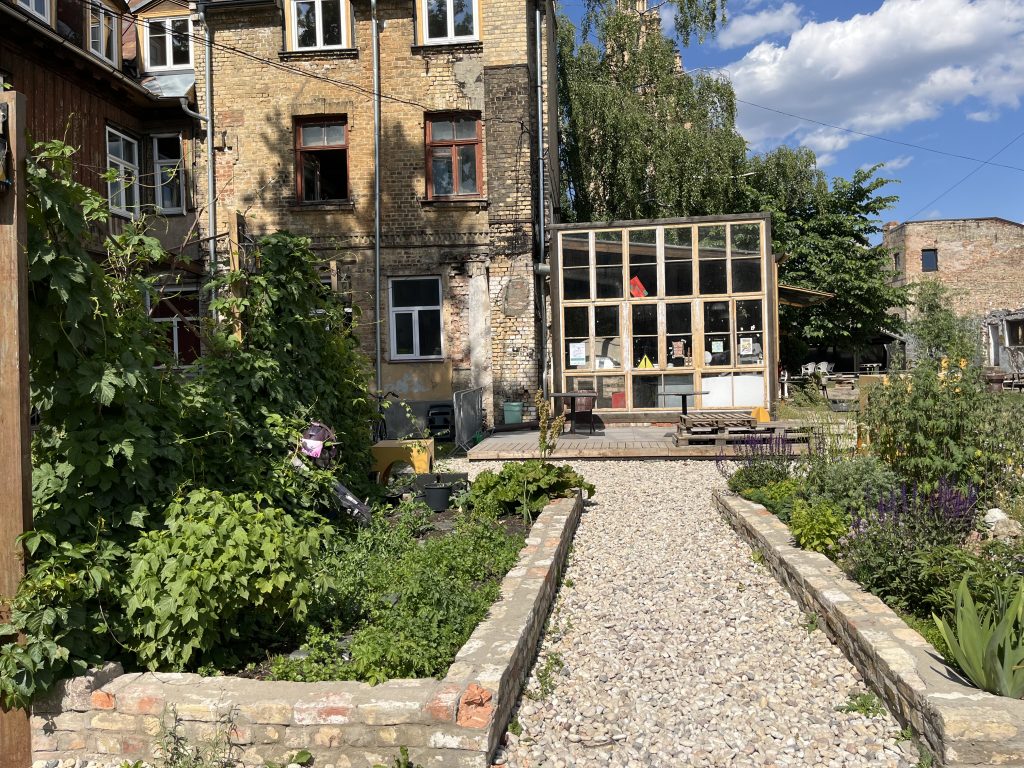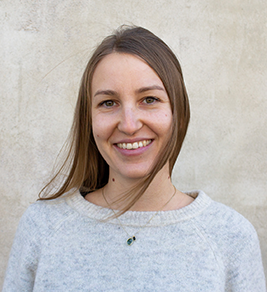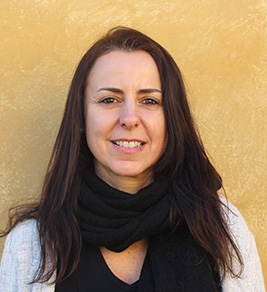Early in June, Nordregio researchers Luciane Aguiar Borges and Alix Vuithier took part in a special webinar series in Riga where experts and enthusiasts delved into the future of urban agriculture.
Organised by the Nordic Council of Ministers (NCM) Office in Latvia and Nordregio, as part of the Urban Agriculture for Resilient Future project, the series discussed three crucial topics: Legislation and Innovation, Culture and Community, and Education and Science.
The first two webinars took place on 8 June at the NCM office in Rīga. Luciane Aguiar Borges, in her opening presentation, discussed the key challenges and opportunities of cultivating food in urban environments. Panelists, including Maria Lennartsson from Stockholm Stad, Björn Oliviusson, a Stockholm-based entrepreneur, and Arne Sæbø from the Norwegian Institute of Bioeconomy Research (NIBIO), shared their perspectives on pressing issues such as reducing food waste, promoting short food cycles, and minimizing environmental impact.
The second webinar focused on the intersection of urban gardening and community engagement, with Malm Nordlund from Dodo in Finland, Mārtiņš Eņģelis from Rīga, and Hege Giske from Svalbard providing valuable insights.

On 9 June, the final seminar was held at the LAMPA Democracy Festival in Cēsis. Moderated by Maija Kāle from NCM Latvia, the discussion featured researchers and practitioners from both private and public institutions, shedding light on complex issues related to understanding, promoting, and implementing urban agriculture.
Speakers including Kyösti Lempa from NordForsk, Donatella Acquaviva from Campus Roslagen, Trine Hvoslef-Eide from the Norwegian University of Life Sciences (NMBU), and Liga Lepse from Latvia University of Life Sciences and Technologies (LBTU) shared their experiences and thoughts on the need for new competencies and skills to effectively implement urban agriculture. Karen Ellemann, Secretary General of the Nordic Council of Ministers, who attended the festival expressed her joy in witnessing collaboration across Nordic institutions to address urban agriculture’s challenges.
As part of their visit, the researchers also had the opportunity to explore Lastādija, an old neighborhood in Rīga, where community gardens have transformed abandoned spaces into vibrant hubs for farming, art, and social exchange. These gardens play a crucial role in supporting youth who face difficulties by providing a space for development and engagement.
The Future Urban Agriculture webinars and project highlight the growing importance of sustainable and community-centered approaches to urban agriculture. Learn more about it here.




